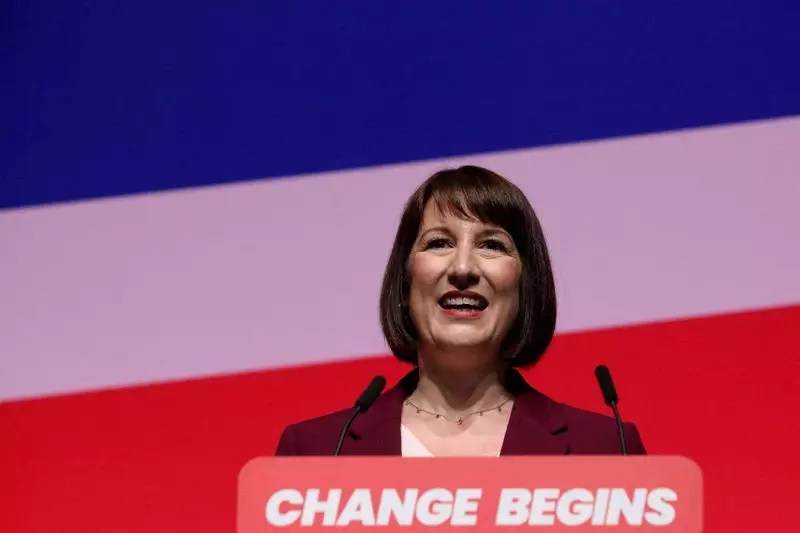Rachel Reeves, the recently appointed British finance minister, is seizing the opportunity to outline a transformative budget in the wake of 14 years of Labour Party inactivity in power. Her forthcoming budget presentation comes as a crucial juncture not only for the British economy but also as she stands before international dignitaries at the International Monetary Fund (IMF) and World Bank annual meetings in Washington. The timing of this engagement is pivotal; it represents a fresh beginning aimed at recalibrating the nation’s economic compass and attracting much-needed investment.
In an environment where public finances are strained, Reeves has indicated a target of raising around £40 billion ($52 billion) through a combination of tax increases and judicious cuts to public spending. This financial strategy is ostensibly designed to bolster public services while filling the fiscal void left by the previous government’s policies. Such an approach points to a wider recognition of the economic challenges post-pandemic and Brexit, where a concerted effort is required to stimulate growth and restore investor confidence.
Reeves has also expressed intentions to revise fiscal rules that currently limit government borrowing. This indicates a willingness to explore new pathways for fiscal maneuvering, potentially exceeding previous constraints that have hampered meaningful investment in crucial sectors. The implications of this could be far-reaching, allowing for a recalibration of how public debt is perceived and managed.
During her visit to Washington, Reeves aims to project the United Kingdom not just as a nation in recovery, but also as a proactive player on the global stage. The financial minister’s statements suggest a keen awareness of the interconnected nature of global economies and the UK’s role within that framework. She has indicated that the forthcoming budget will reflect a commitment to underpinning future growth while addressing pressing international issues, exemplified by Britain’s recent commitment to providing $3 billion in aid to Ukraine amid ongoing conflicts.
Her intentions also extend to encouraging G20 nations to adopt more transparent debt management practices, particularly in the context of developing countries striving to meet the United Nations’ sustainable development goals. This highlights a dual focus: revamping domestic policies while contributing to global economic stability—a challenging balancing act that will require deft diplomacy.
Recent projections from the IMF have cast a cautious but favorable light on the UK’s economic recovery, forecasting growth rates that are among the highest in the G7. However, the anticipated growth of 1.1% for 2024 reflects modest historical expectations, underscoring the uphill battle that Reeves faces. While the UK is emerging from a slump, the economic landscape remains fragile, necessitating targeted investment and reform strategies that prioritize resilience and sustainability.
The emphasis on redefining public debt parameters reflects a potential shift towards innovative fiscal policies. By considering a broader spectrum of assets in the public sector’s financial liabilities, Reeves could unlock additional borrowing capabilities—estimated to be around £50 billion—thereby allowing for bolder investments in essential infrastructure and public services.
Rachel Reeves stands at a critical junction in British politics, tasked with reigniting an economy that has been stifled by both recent events and longer-term trends. Her vision of a “reset” for the economy is ambitious and will be put to the test against international expectations and domestic realities. By adopting a strategic approach focused on investment, reform, and global responsibility, she has the potential to chart a more promising course for Britain’s financial future. Nevertheless, the success of her initiatives will ultimately depend on effective implementation and her ability to navigate the complex landscape of British and global politics. The coming months will be telling as the Labour Party embarks on this crucial journey towards economic revitalization.


Leave a Reply